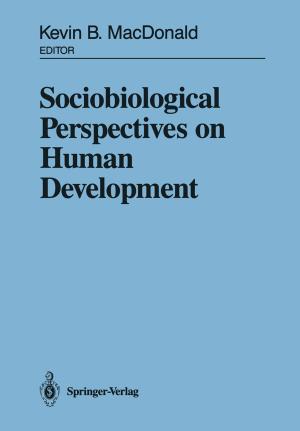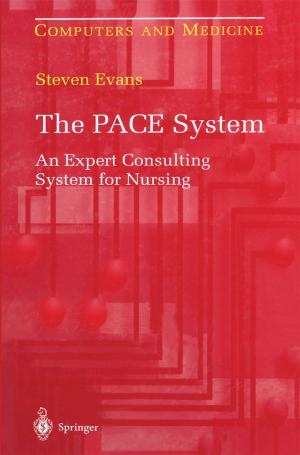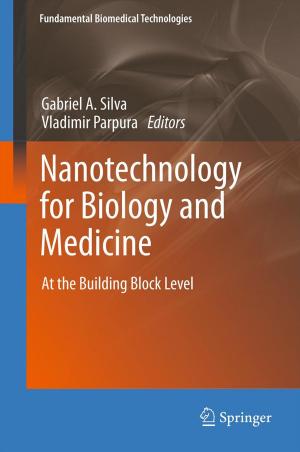Biochemical Basis and Therapeutic Implications of Angiogenesis
Nonfiction, Health & Well Being, Medical, Medical Science, Physiology, Specialties, Internal Medicine, Cardiology| Author: | ISBN: | 9781461458579 | |
| Publisher: | Springer New York | Publication: | March 29, 2013 |
| Imprint: | Springer | Language: | English |
| Author: | |
| ISBN: | 9781461458579 |
| Publisher: | Springer New York |
| Publication: | March 29, 2013 |
| Imprint: | Springer |
| Language: | English |
Angiogenesis is a highly complex phenomenon where new blood vessels are formed for the supply of oxygen and nutrients in different organs of the body. It plays a critical role in both physiological processes such as growth and development as well as pathological processes including cancer and different types of tumors. Angiogenesis is also essential for the regeneration and survival of cells in several disease conditions such as ischemic heart disease (myocardial infarction), atherosclerosis, brain injury (stroke) and diabetes. Since the mechanisms of angiogenesis are organ specific and differ among various diseases, it is proposed to devote one section of this book to the development of angiogenesis in some selected diseases such as cancer, ischemic heart disease, atherosclerosis, diabetes and stroke. It is pointed out that extensive research work in this regard has been carried out in the area of cancer and heart disease, whereas relatively less attention has been paid to studying angiogenesis in other disease conditions.
Angiogenesis is a highly complex phenomenon where new blood vessels are formed for the supply of oxygen and nutrients in different organs of the body. It plays a critical role in both physiological processes such as growth and development as well as pathological processes including cancer and different types of tumors. Angiogenesis is also essential for the regeneration and survival of cells in several disease conditions such as ischemic heart disease (myocardial infarction), atherosclerosis, brain injury (stroke) and diabetes. Since the mechanisms of angiogenesis are organ specific and differ among various diseases, it is proposed to devote one section of this book to the development of angiogenesis in some selected diseases such as cancer, ischemic heart disease, atherosclerosis, diabetes and stroke. It is pointed out that extensive research work in this regard has been carried out in the area of cancer and heart disease, whereas relatively less attention has been paid to studying angiogenesis in other disease conditions.















